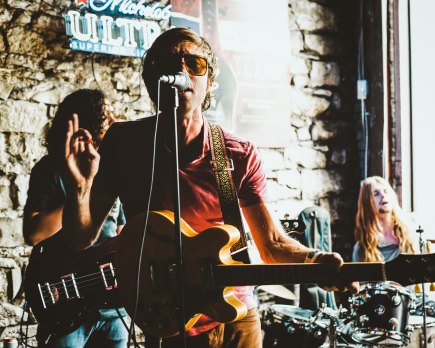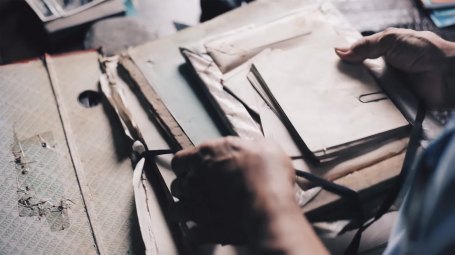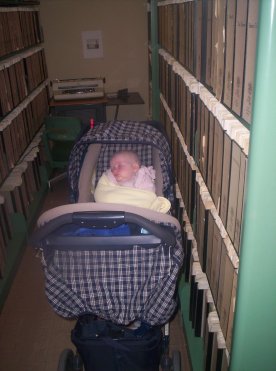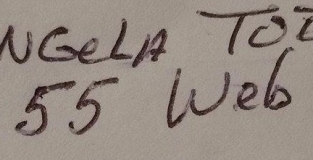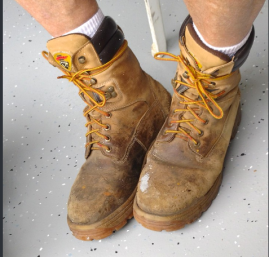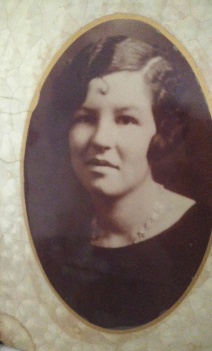Did you get handed a box of family photos? Not sure what to do with that box? I can help. First, take a breath and let’s consider setting the boundaries of the project before you.
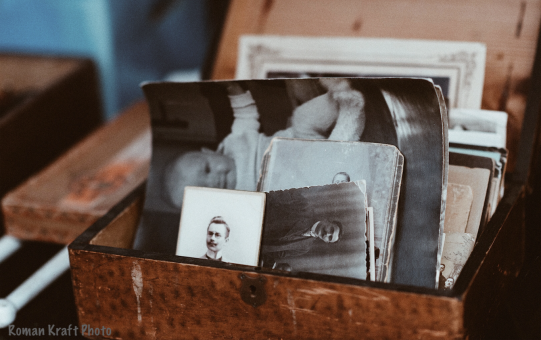 First, evaluate what you have. Do you have a precious few images, meticulously annotated with dates and names?
First, evaluate what you have. Do you have a precious few images, meticulously annotated with dates and names?
Or (more likely) do you have lots of random images, some unidentified? Does your collection include blurry images, unknown landscapes, and duplicates? Those three categories may be options for what you may want to release from your collection.
Second, evaluate where they may go: Do you want to place them in a historical society or archive related to your background, community, or family? Will you keep them? Share them with family? Have copies stored in a high-level digital cloud for prosperity?
Third, consider what work you want to do: Last week I did a live video on extracting photos from adhesive albums. Can you get them out of these sticky situations? Do you feel compelled to research and annotate them? Add them to an online genealogy? Frame and display them? Digitize all of them yourself?
ONE MORE THING: who can help? Perhaps, like me, you hold them dear and want to keep this time capsule to pore over and love. But that is not the answer for everyone. Many hands do make light work. Can you share the project with someone else, say a sibling or a cousin? Perhaps you’d like to have a family reunion and get everyone involved, or a smaller luncheon and get the close crew together.
For more extensive instruction, be sure to get on the wait list for my fall course Triage: A Course on Family Photos. Just e-mail and let me know you’re interested –and let me know what you’re dealing with — angela[@]angelaltodd.com. Or, you can get on my general mailing list. Hop on over HERE, and you’ll immediately get two family history prompts: one to help Ask Your Elders, and one to help you Tell Your Youngsters about your family. Then you’ll get a free 2-week mini-course: an email every other day with tips for considering and building your own family history.
Happy history!
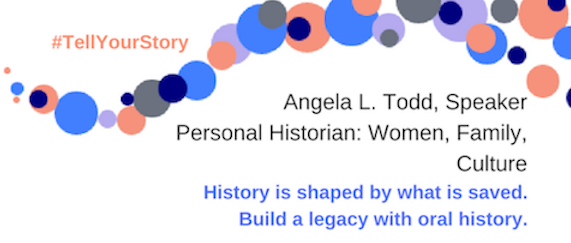
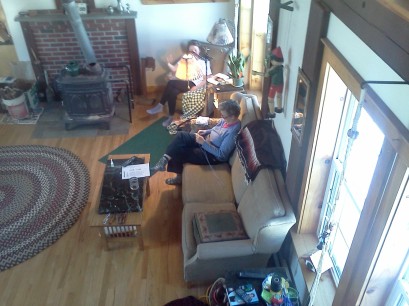 If you give a kid a camera, you’re going to be surprised!
If you give a kid a camera, you’re going to be surprised!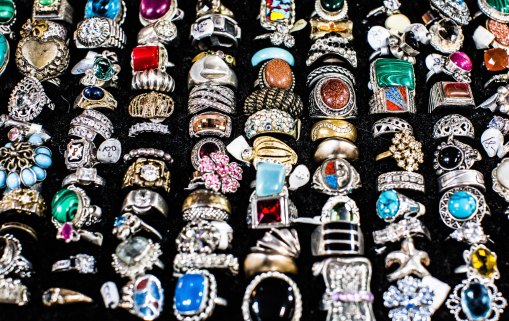

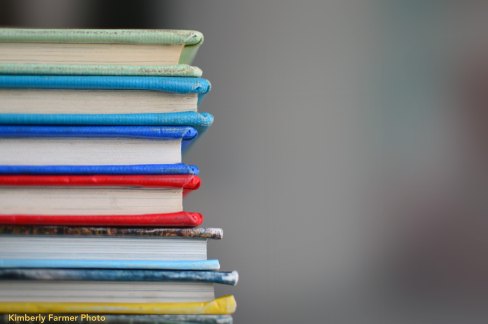 n I had ever heard go by the title “Ms.” I was a high school freshman in 1979, in a small mill town in southern Maine. Ms. Sullivan was tall, angular, smart, independent, kind of cranky, and gave no f$&ks — I loved her.
n I had ever heard go by the title “Ms.” I was a high school freshman in 1979, in a small mill town in southern Maine. Ms. Sullivan was tall, angular, smart, independent, kind of cranky, and gave no f$&ks — I loved her.
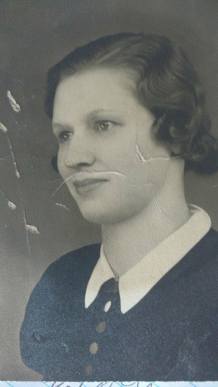 “Once upon a time there was a farm girl — the youngest of six kids. She was shy and thought she was ugly. She had some very glamorous older sisters and some very rowdy older brothers. They all lived in Aroostook County, Maine.
“Once upon a time there was a farm girl — the youngest of six kids. She was shy and thought she was ugly. She had some very glamorous older sisters and some very rowdy older brothers. They all lived in Aroostook County, Maine.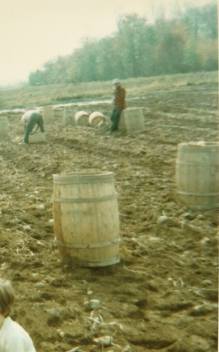
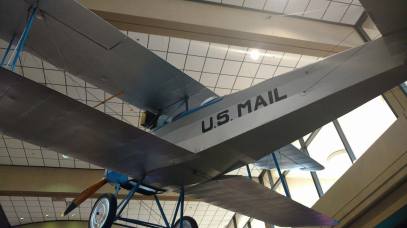 Nobody really remembers how soon after that first date it was that they married. They did not “live happily ever after” — nobody does! Haha. But they had a family of their own and a farm of their own — where Sybil fed the farmhands enormous 4-course meals at noon — and they did good works in their community. ”
Nobody really remembers how soon after that first date it was that they married. They did not “live happily ever after” — nobody does! Haha. But they had a family of their own and a farm of their own — where Sybil fed the farmhands enormous 4-course meals at noon — and they did good works in their community. ”